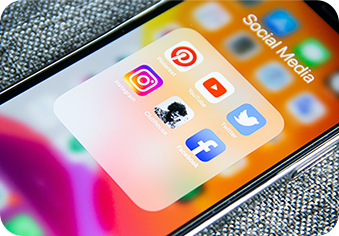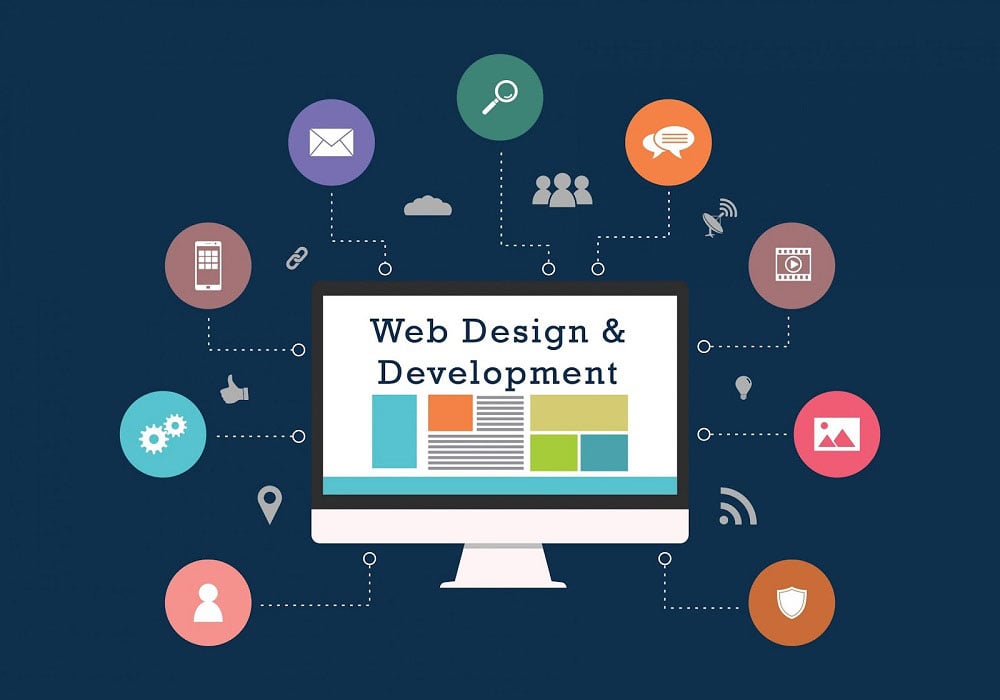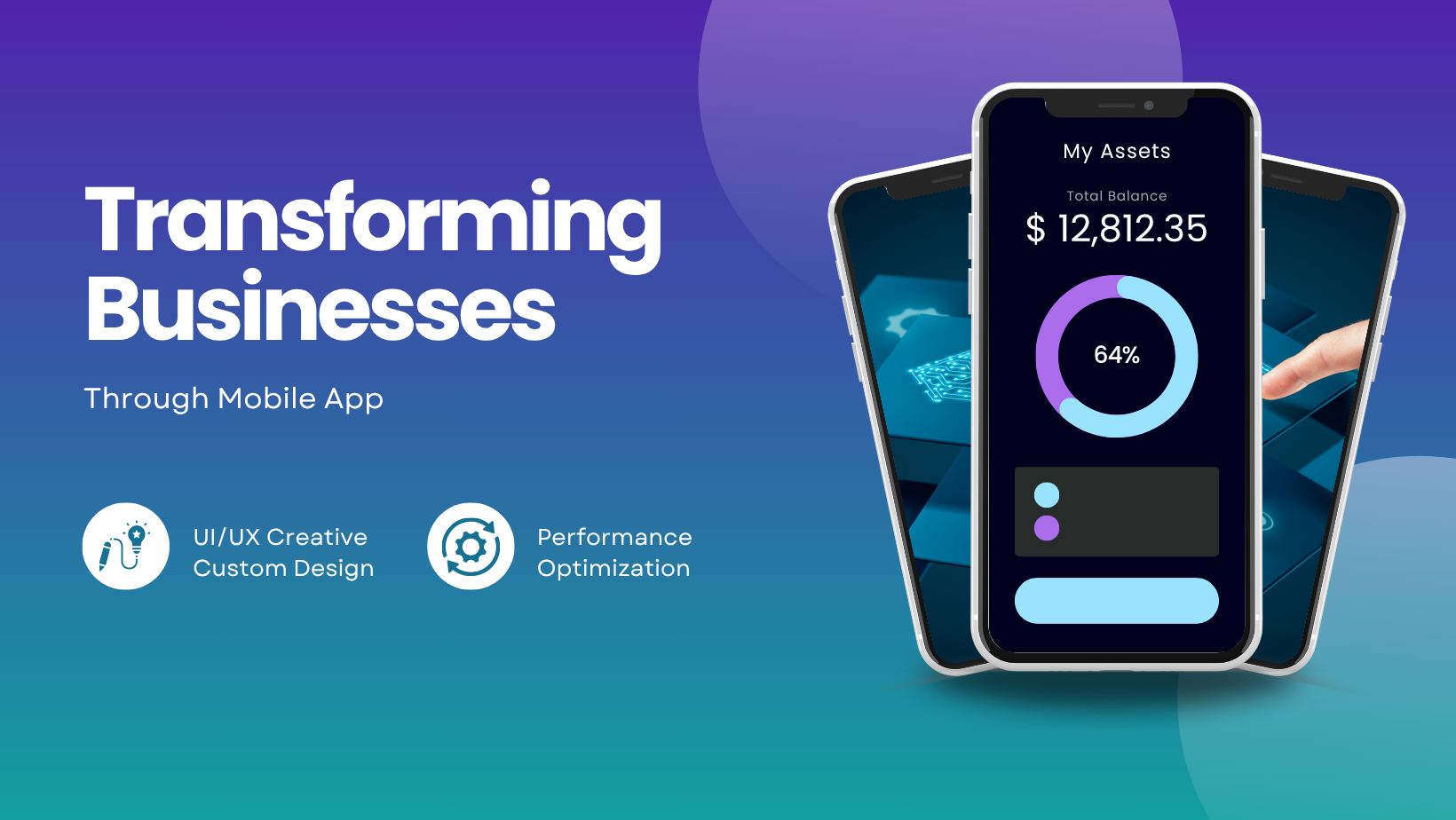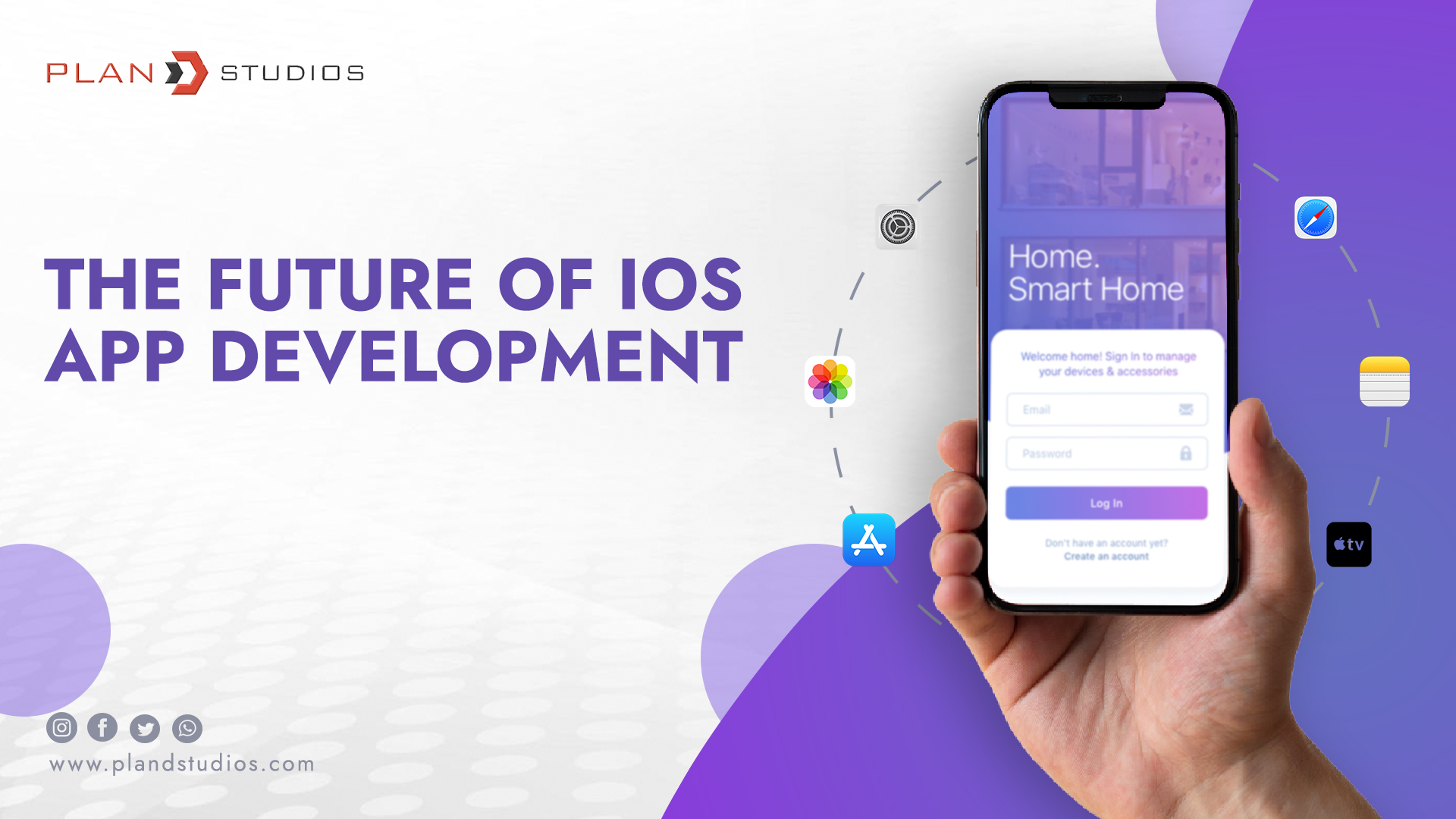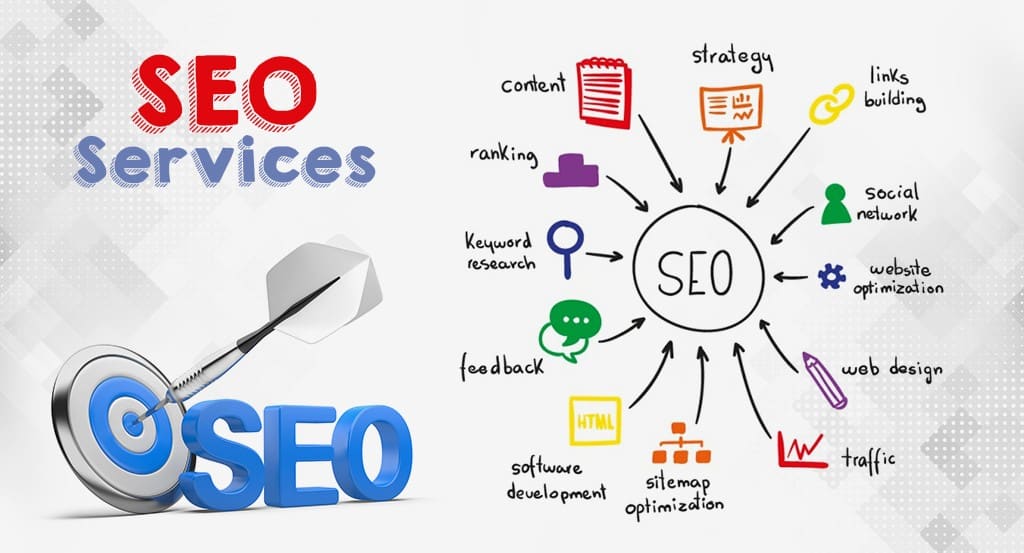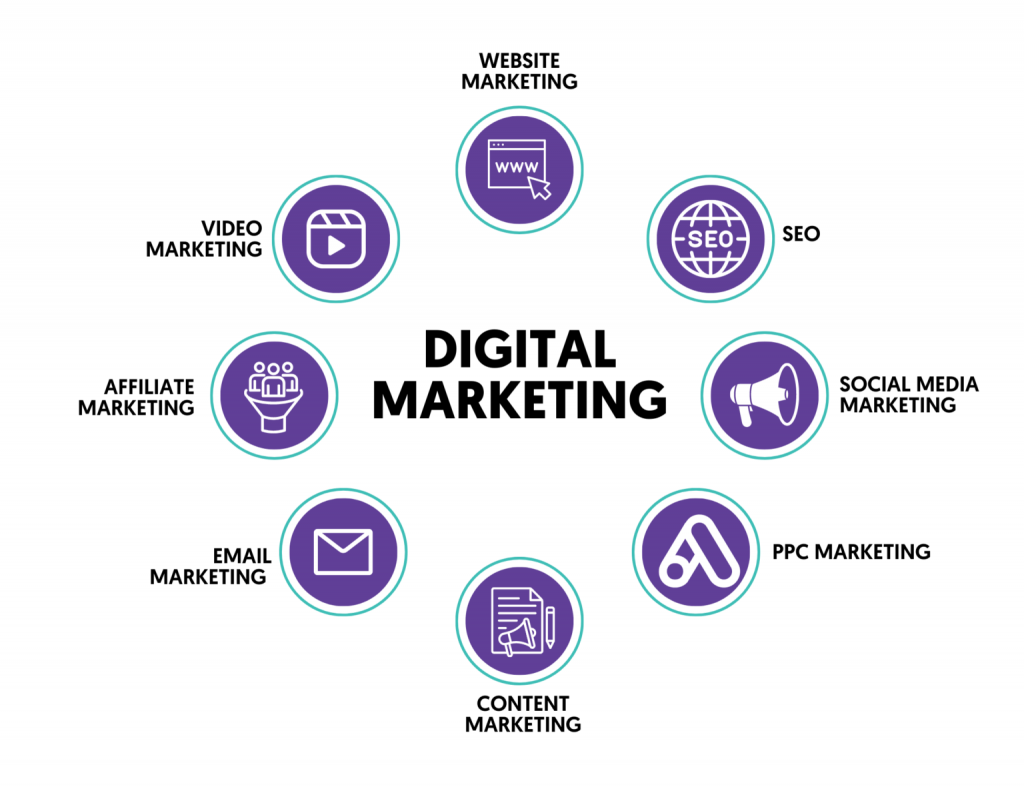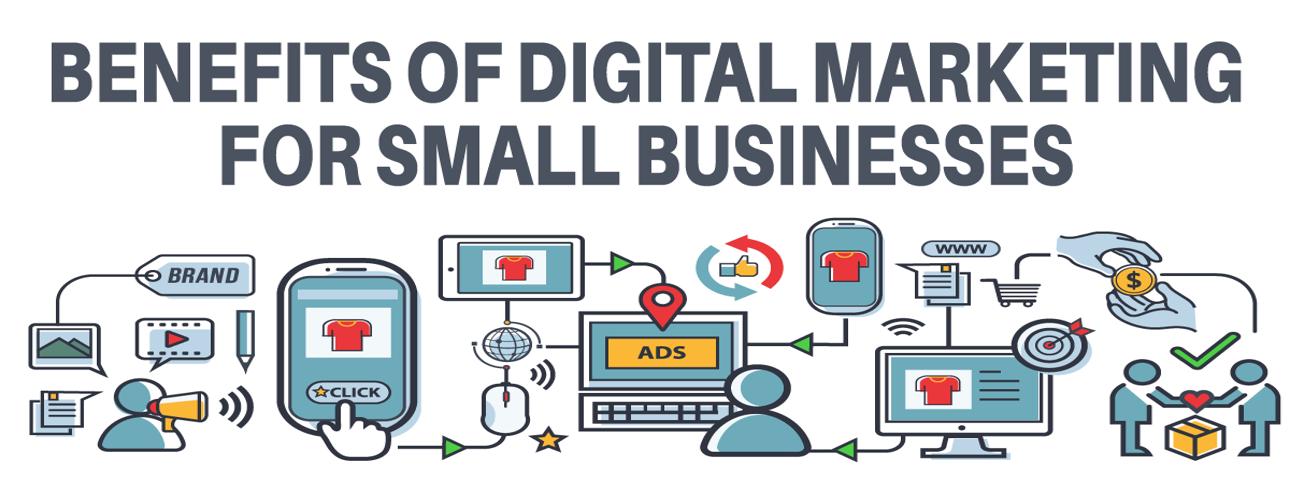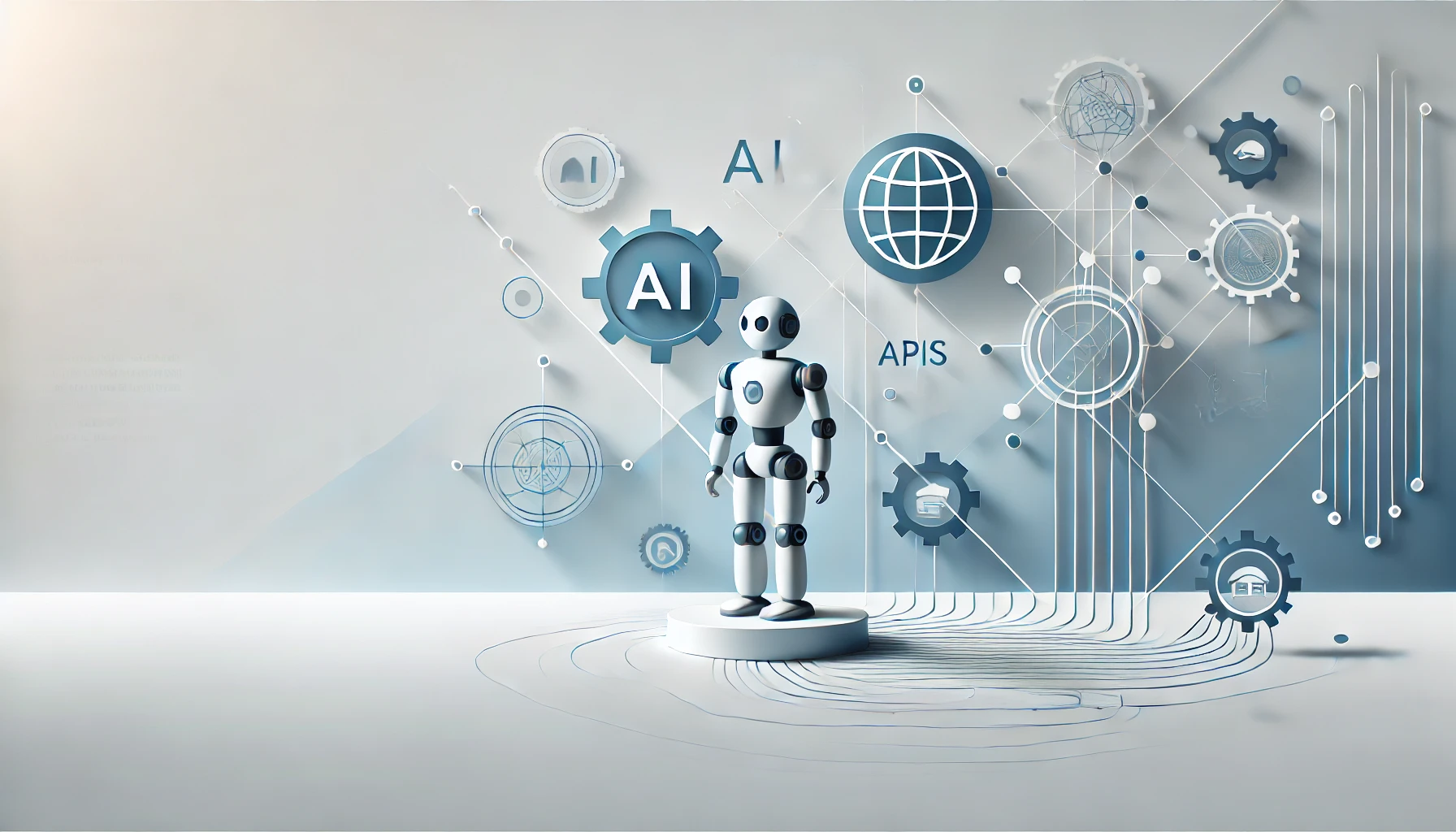Digital marketing has rapidly evolved over the past decade, driven by technological advancements, changing consumer behaviors, and the proliferation of digital channels. As we look to the future, it's clear that digital marketing will continue to transform, offering new opportunities and challenges for businesses. We examine the future of digital marketing in this blog, emphasizing significant developments and trends that will influence the sector.
The Rise of Artificial Intelligence and Machine Learning:
Artificial Intelligence (AI) and Machine Learning (ML) are revolutionizing digital marketing by enabling more personalized and efficient customer interactions. These technologies can analyze vast amounts of data to identify patterns and predict consumer behavior, allowing marketers to deliver targeted content and advertisements. Key applications of AI and ML in digital marketing include:
ââ€â€Ã‚    Chatbots and Virtual Assistants: AI-powered chatbots provide real-time customer support, answer queries, and guide users through their purchasing journey.
ââ€â€Ã‚    Predictive Analytics: ML algorithms analyze historical data to forecast future trends, helping marketers make informed decisions and optimize their strategies.
ââ€â€Ã‚    Personalization: AI-driven tools can create personalized marketing campaigns, tailoring content, recommendations, and offers to individual users.
The Growing Importance of Video Content:
Video content has become a dominant force in digital marketing, and its importance is only set to increase. With the rise of platforms like YouTube, TikTok, and Instagram Reels, video has become a preferred medium for consumers to engage with brands. Future trends in video marketing include:
ââ€â€Ã‚    Live Streaming: Live video allows brands to connect with their audience in real-time, creating authentic and interactive experiences.
ââ€â€Ã‚    Short-Form Videos: Platforms like TikTok have popularized short-form videos, which are highly engaging and shareable.
ââ€â€Ã‚    Augmented Reality (AR) and Virtual Reality (VR): AR and VR technologies will enable immersive video experiences, allowing consumers to interact with products in new ways.
Voice Search and Smart Speakers:
Voice search is becoming increasingly popular with the widespread adoption of smart speakers like Amazon Echo and Google Home. As more consumers use voice assistants to search for information, digital marketers need to optimize their content for voice search. Key strategies include:
ââ€â€Ã‚    Conversational Keywords: Using natural, conversational language in content to match the way people speak when using voice search.
ââ€â€Ã‚    Featured Snippets: Structuring content to appear in featured snippets, which are often read aloud by voice assistants.
ââ€â€Ã‚    Local SEO: Optimizing for local search queries, as many voice searches are location-specific.
Data Privacy and Ethical Marketing:
As concerns about data privacy grow, consumers are becoming more aware of how their data is collected and used. Future digital marketing strategies will need to prioritize transparency and ethical practices. Key considerations include:
ââ€â€Ã‚    Compliance with Regulations: Adhering to data protection regulations like GDPR and CCPA to ensure legal compliance and build trust with consumers.
ââ€â€Ã‚    Transparent Data Practices: Clearly communicating how consumer data is collected, used, and protected.
ââ€â€Ã‚    Ethical Advertising: Avoiding manipulative or intrusive advertising tactics and focusing on providing value to consumers.
The Integration of Augmented Reality (AR):
Digital marketing is about to change as a result of augmented reality (AR), which produces immersive and engaging experiences. Before making a purchase, customers may see things in their own settings thanks to augmented reality technology. Among the most important uses of AR in digital marketing are:
ââ€â€Ã‚    Virtual Try-Ons: Allowing users to try on clothing, accessories, or makeup virtually.
ââ€â€Ã‚    Product Visualization: Enabling consumers to see how furniture or home decor items would look in their space.
ââ€â€Ã‚    Interactive Advertising: Creating engaging AR advertisements that capture consumer attention.
The Power of Influencer Marketing:
Influencer marketing has become a mainstream strategy for many brands, leveraging the reach and credibility of social media influencers. The future of influencer marketing will see a shift towards more authentic and niche influencers. Key trends include:
ââ€â€Ã‚    Micro-Influencers: Partnering with micro-influencers who have tiny but highly engaged audiences.
ââ€â€Ã‚    Authenticity: Focusing on genuine and transparent collaborations that resonate with audiences.
ââ€â€Ã‚    Long-Term Partnerships: Building long-term relationships with influencers to create consistent and authentic brand advocacy.
Omnichannel Marketing:
The future of digital marketing lies in creating seamless and integrated experiences across multiple channels. Omnichannel marketing ensures that consumers have a consistent brand experience, whether they are interacting online, in-store, or through mobile apps. Key strategies include:
ââ€â€Ã‚    Unified Customer Profiles: Creating a single view of the customer by integrating data from various touchpoints.
ââ€â€Ã‚    Consistent Messaging: Ensuring that marketing messages are consistent and personalized across all channels.
ââ€â€Ã‚    Cross-Channel Campaigns: Designing marketing campaigns that leverage multiple channels to reach consumers effectively.



